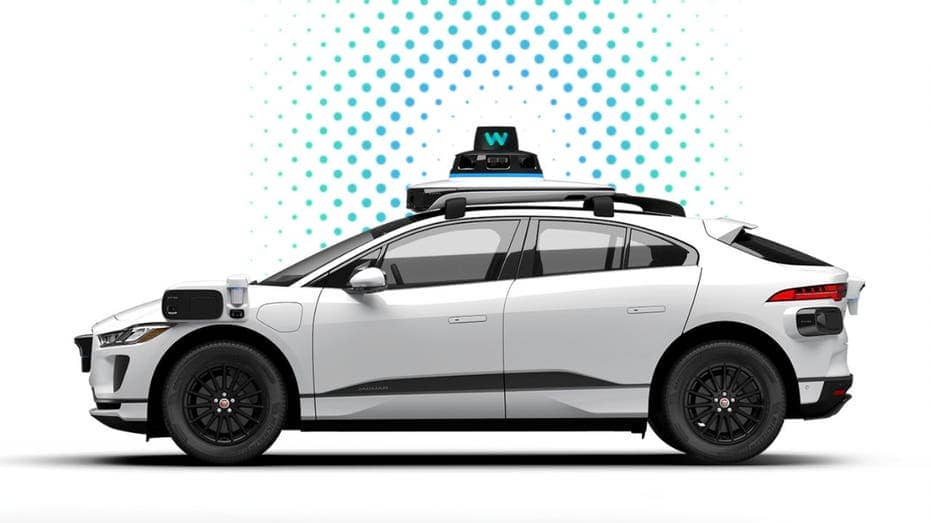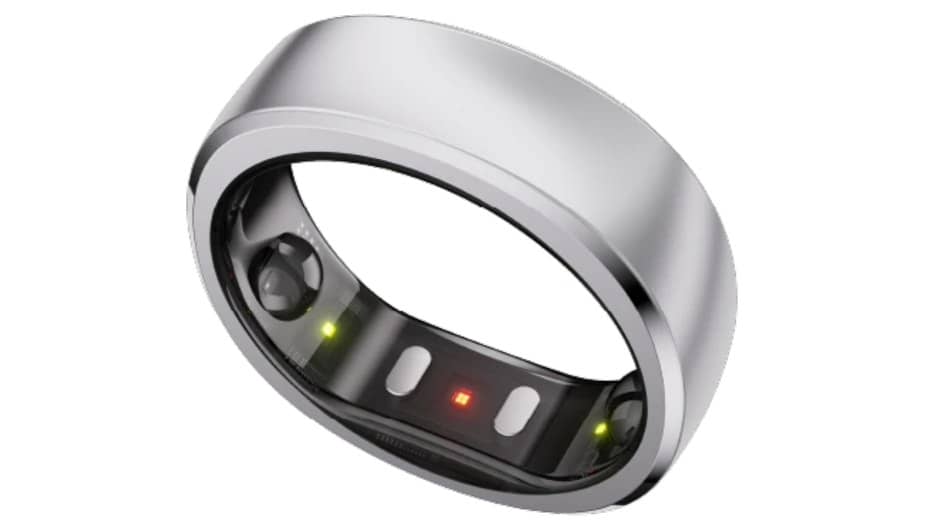The technology behind self-driving cars has been around for quite some time. However, its commercialization – from companies offering and operating ride-share services to those selling self-driving cars – is still rather new. One well-known taxi company is Waymo, which, despite its successes, is now under federal investigation due to traffic safety concerns.
So, what do you need to know about this investigation? Is Waymo still considered safe? What about other self-driving cars? Is it time to get in on this trend now, or is it better to wait until this technology improves before stepping into a self-driving vehicle? Here’s what you need to know.
GET SECURITY ALERTS, EXPERT TIPS – SIGN UP FOR KURT’S NEWSLETTER – THE CYBERGUY REPORT HERE
Self-driving vehicles were developed by Waymo, a subsidiary of Alphabet Inc. (Google’s parent company). These autonomous taxis provide transportation without the need for a human driver, using a combination of different technologies to navigate urban environments and respond to ever-changing traffic conditions. We’ll talk more about the specifics of that technology in a bit.
If you haven’t seen Waymo cars yet in your neighborhood, that’s because Waymo is only available in San Francisco, Los Angeles and the Phoenix area right now. It is set to roll out its services in Austin, Texas, soon.
ASK ANY TECH QUESTION AND GET KURT’S FREE CYBERGUY REPORT NEWSLETTER HERE
One concern people have regarding self-driving cars is whether they are safe or as safe as a human-controlled vehicle. Well, the answer is not quite yet. While self-driving technology, i.e., driver-assistant technology, is believed to reduce accidents, fully autonomous vehicles are not quite there yet and can, in fact, lead to more accidents.
Due to this, it might be no surprise that Waymo is now under federal investigation by the National Highway Traffic Safety Administration (NHTSA) due to more than 20 accidents, ranging from single-party crashes to traffic law violations and driving on the wrong side of the road. There were also two incidents where a Waymo taxi hit a bicyclist, and another vehicle hit and struck a pedestrian.
SIGN UP FOR KURT’S FREE NEWSLETTER, THE CYBERGUY REPORT HERE
Now, the NHTSA is checking in on the compliance of Waymo’s autonomous driving system with traffic regulations and the overall safety performance of the vehicles. Unfortunately for Waymo, this isn’t exactly great timing as they plan to expand their operations.
But from the consumer’s perspective, it’s helpful to know that this investigation is underway. The hope is that it will also address wider concerns in the industry, which ultimately concern whether or not self-driving cars are safe and reliable. In fact, 75% of people in the U.S. want Congress to stop self-driving vehicles. That should tell us a lot about how we might not be ready yet.
HOW YOUR CAR MIGHT BE SELLING YOU OUT TO INSURERS
If you’re not familiar with self-driving cars – maybe you’ve heard about them and read about them in the news, but you’re still a little skeptical – you’re not the only one. So, how do they work?
Self-driving cars operate through a combination of advanced technologies that enable them to perceive their surroundings, make decisions, and navigate safely. Here’s a breakdown of the key components and how they work together:
First, self-driving cars are equipped with various sensors to gather information about their environment:
Next, using data from its sensors, the self-driving car creates a detailed understanding of its environment:
Then, once the car has perceived its environment, it makes real-time decisions about how to navigate safely:
Finally, the self-driving car executes the decisions made by its onboard computer:
MONSTER PLANE COULD REPLACE TRUCKS AND TRAINS
If you decide to get in a Waymo or another self-driving car, it’s important to fully understand that failures or unexpected situations may occur. Self-driving cars use their technology to respond to traffic conditions in real-time; it’s not the same as an experienced, defensive driver behind the wheel. Despite the fact that these vehicles are designed to reduce human error (one of the leading causes of traffic accidents), they are still far from perfect and not without risks.
Self-driving cars are one thing, but what about a Tesla, where you can still intervene? Tesla offers Autopilot and Full Self-Driving features in their vehicles, which provide varying levels of autonomous driving capabilities. While these systems can handle many driving tasks, they still require driver supervision and intervention in certain situations, which may be the right balance of what this technology can handle now. Yet, Tesla’s technology has also been involved in several high-profile accidents, so anyone planning to drive or step into a Tesla should carry the same concerns as they would in a Waymo.
MORE: WHY SELF-DRIVING CARS ARE ABLE TO COMPLETELY BREAK THE RULES IN THIS CALIFORNIA CITY
Self-driving cars and taxis are all the rage right now, but you’re right to be concerned. Until these vehicles are truly able to prevent human error and not be the subject of a series of accidents and incidents, it’s safe to say that you should stick to human-driven vehicles. However, when the automobile first came out, there were also accidents. Any new technology will have a learning curve, but the question is whether or not you want to be there as it’s happening.
What are your thoughts on self-driving cars? Are you willing to hop in one for your next ride? Let us know by writing us at Cyberguy.com/Contact.
For more of my tech tips and security alerts, subscribe to my free CyberGuy Report Newsletter by heading to Cyberguy.com/Newsletter.
Ask Kurt a question or let us know what stories you’d like us to cover.
Follow Kurt on Facebook, YouTube and Instagram.
Answers to the most asked CyberGuy questions:
Copyright 2024 CyberGuy.com. All rights reserved.




